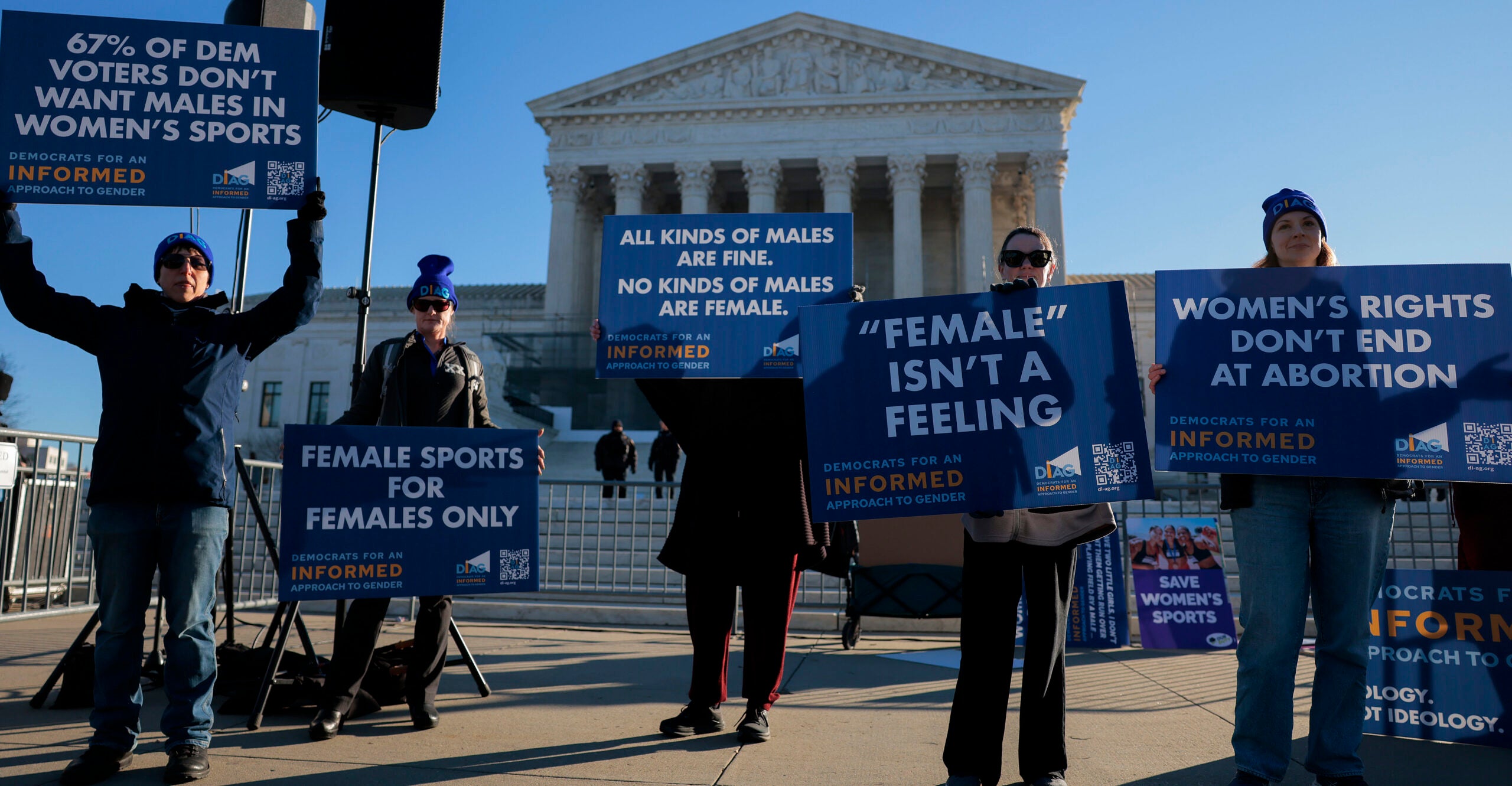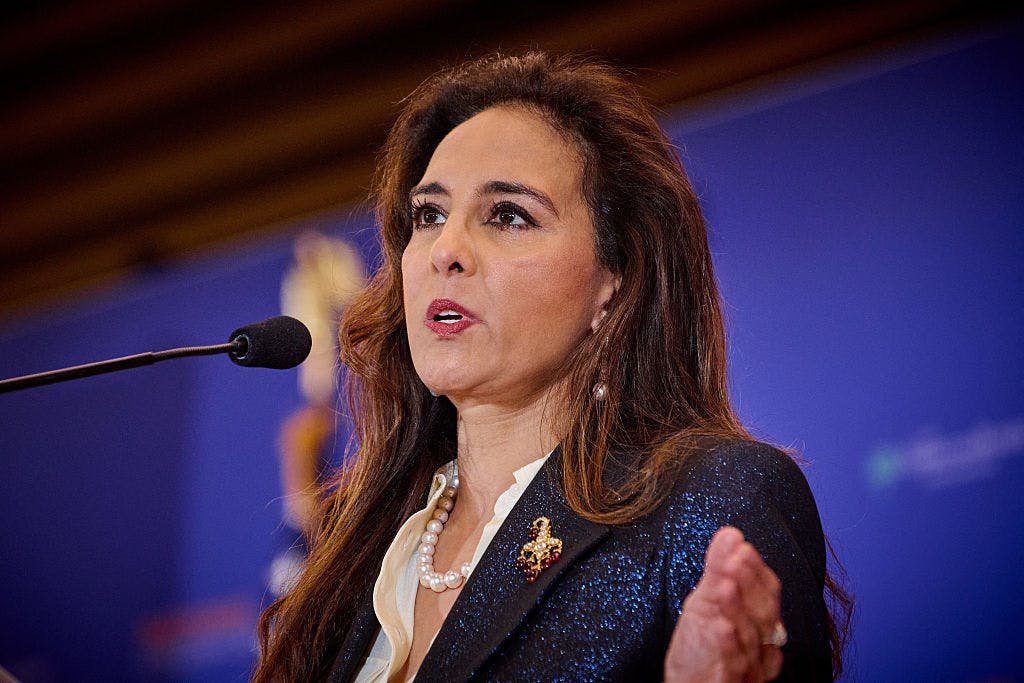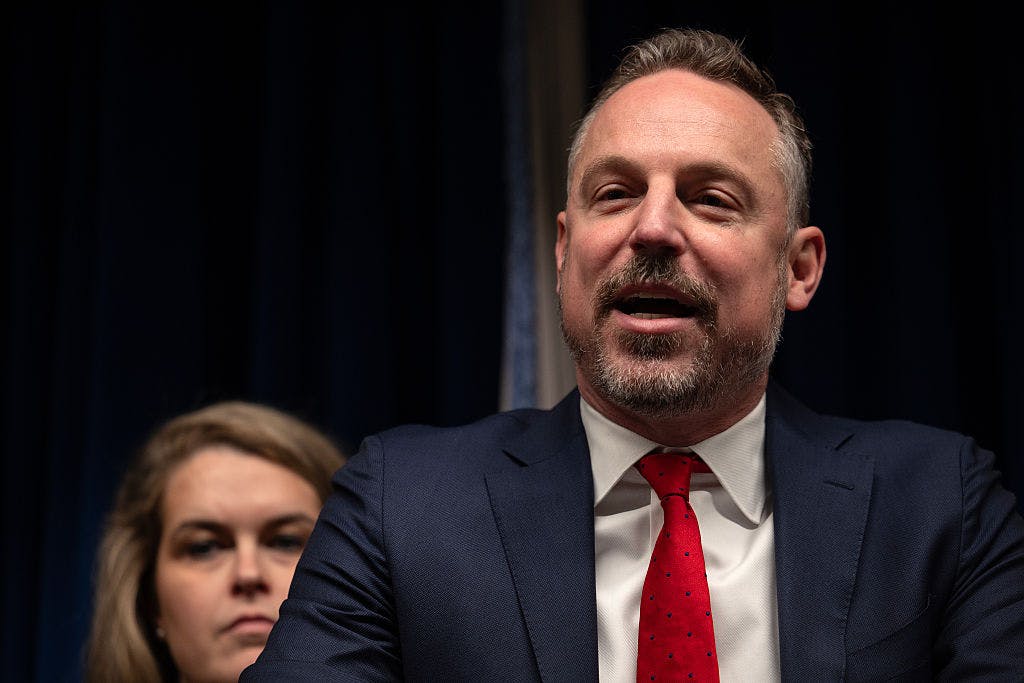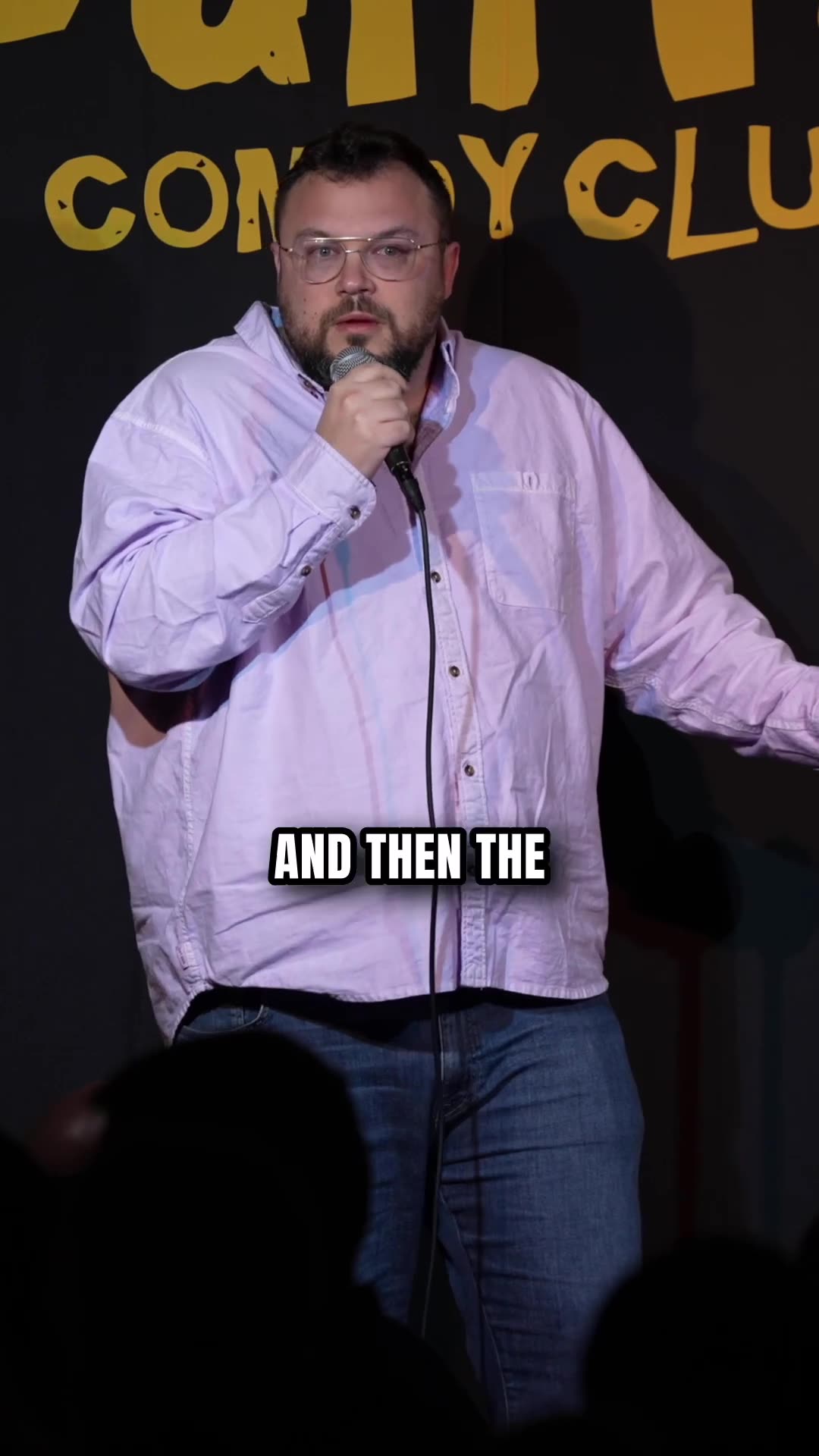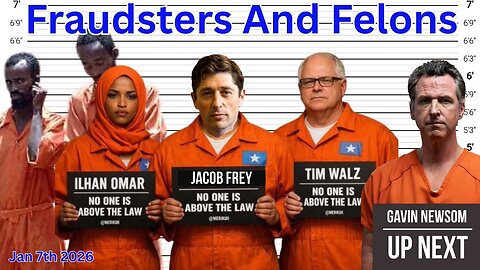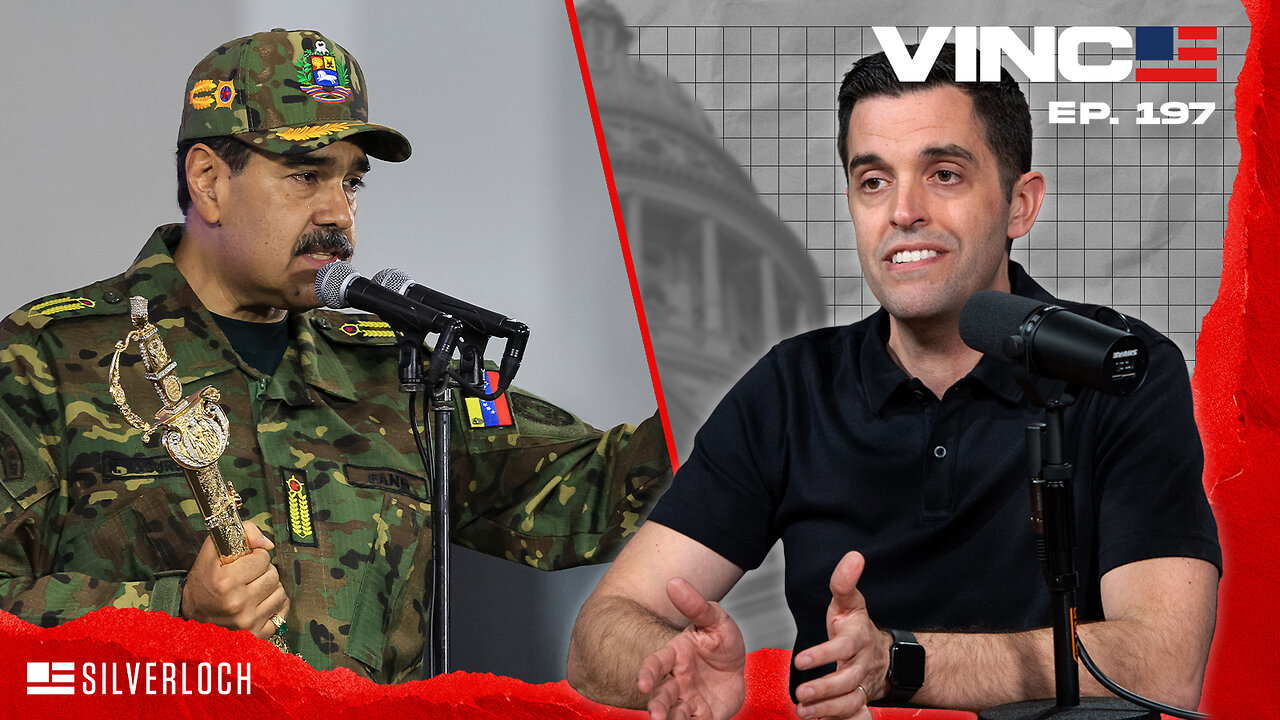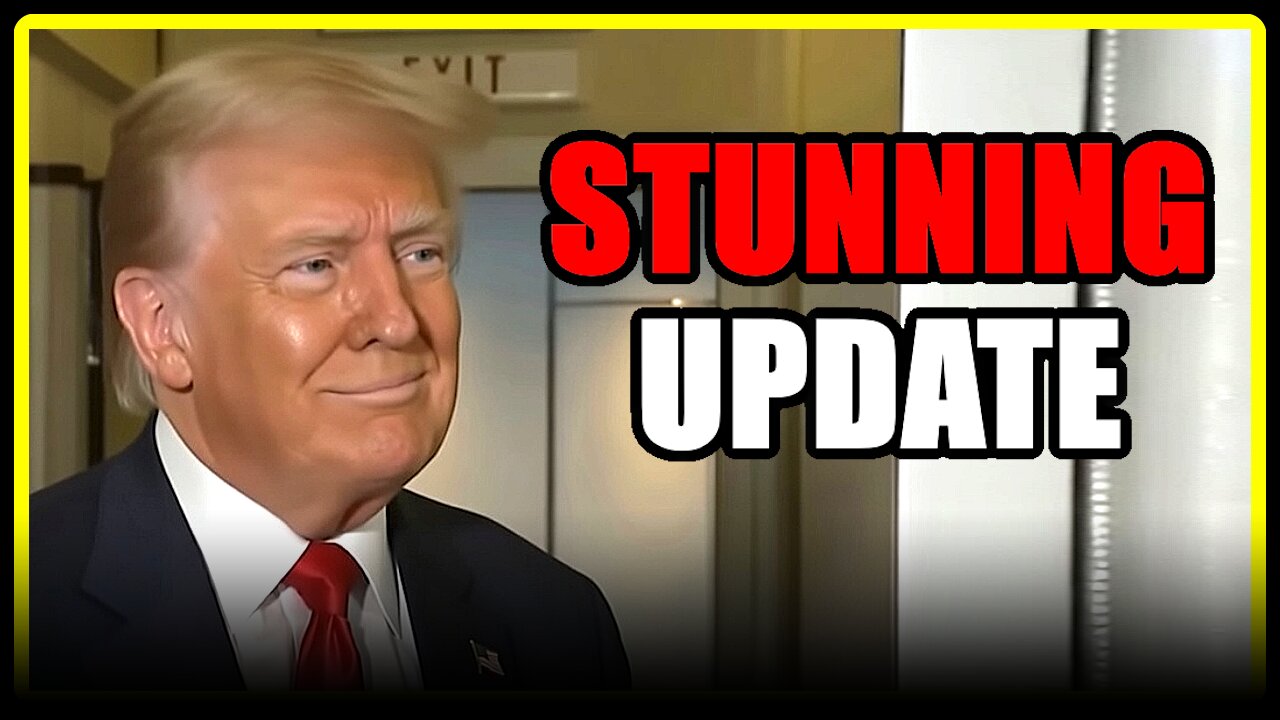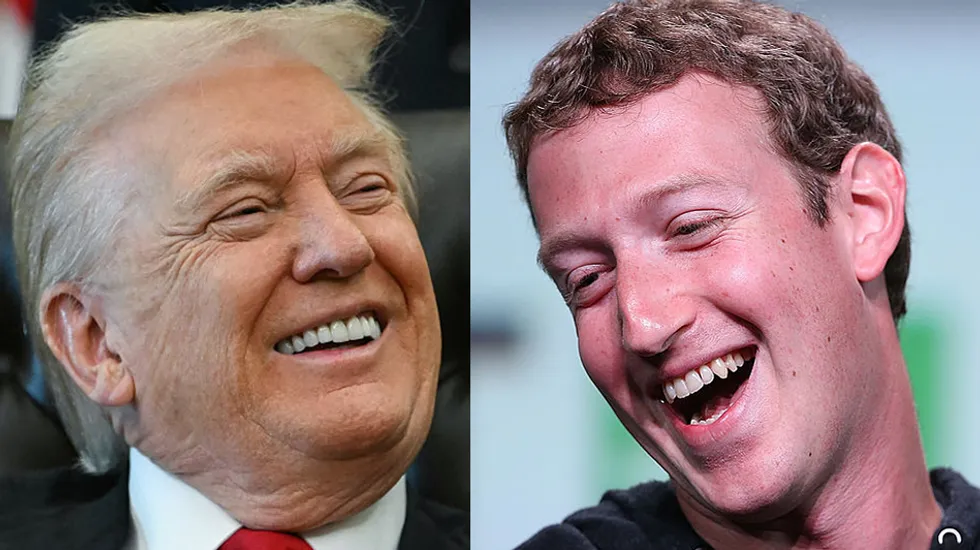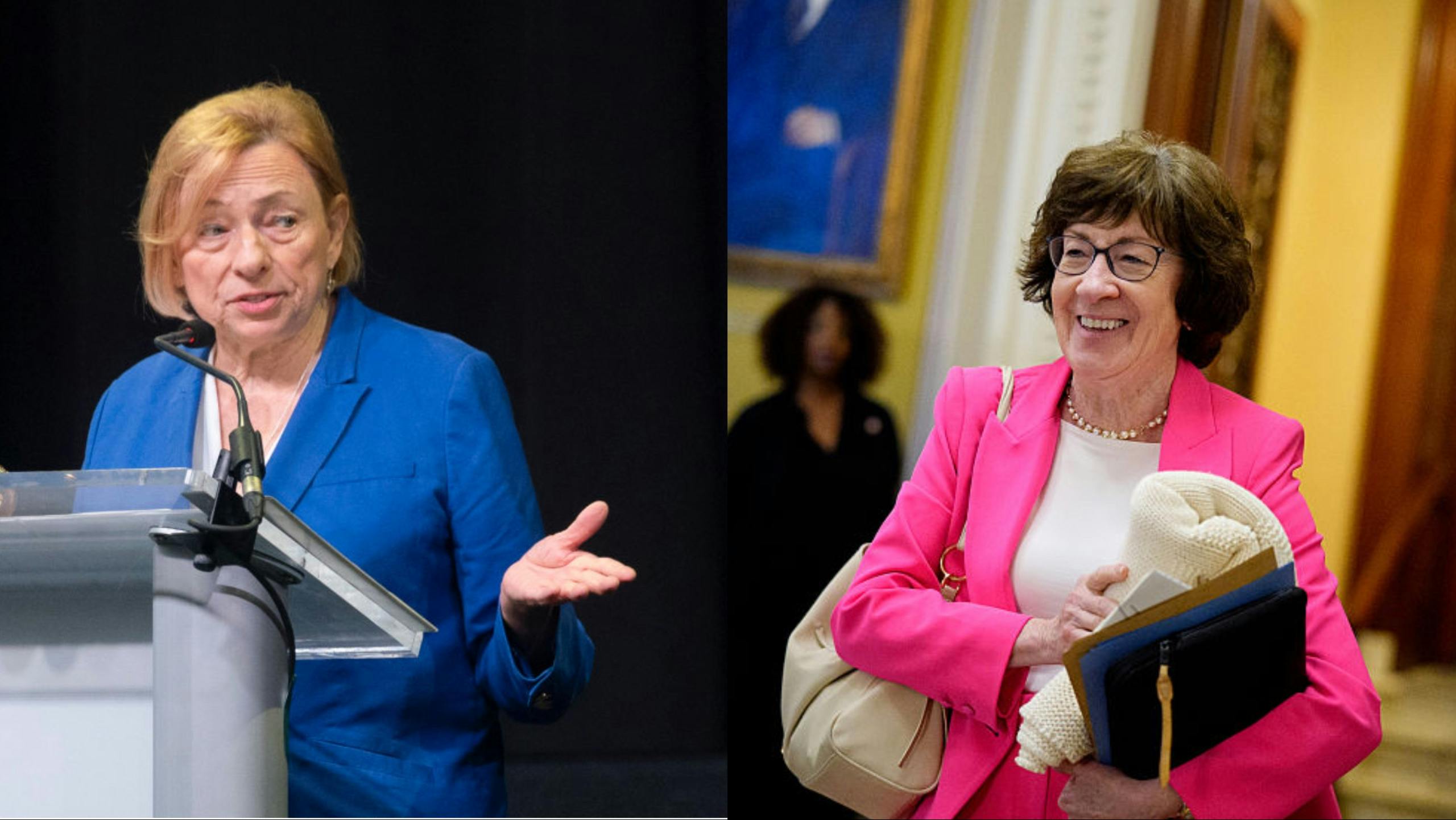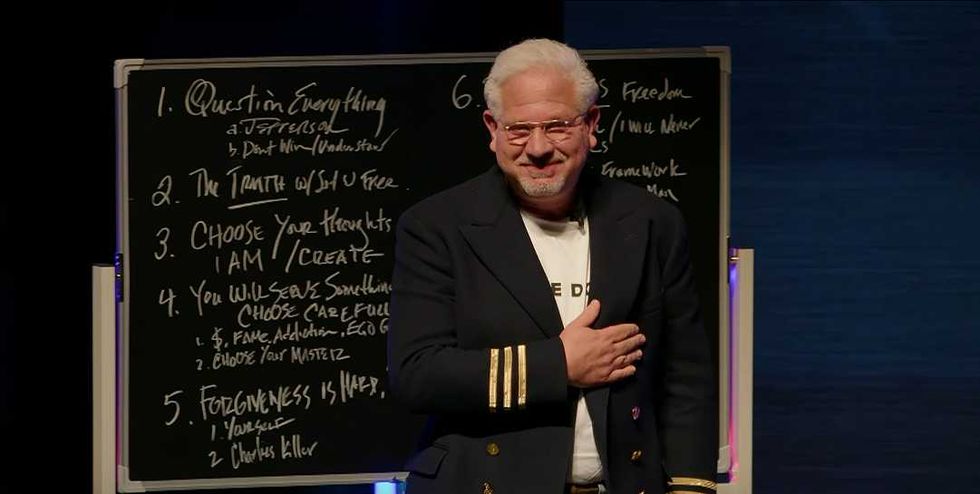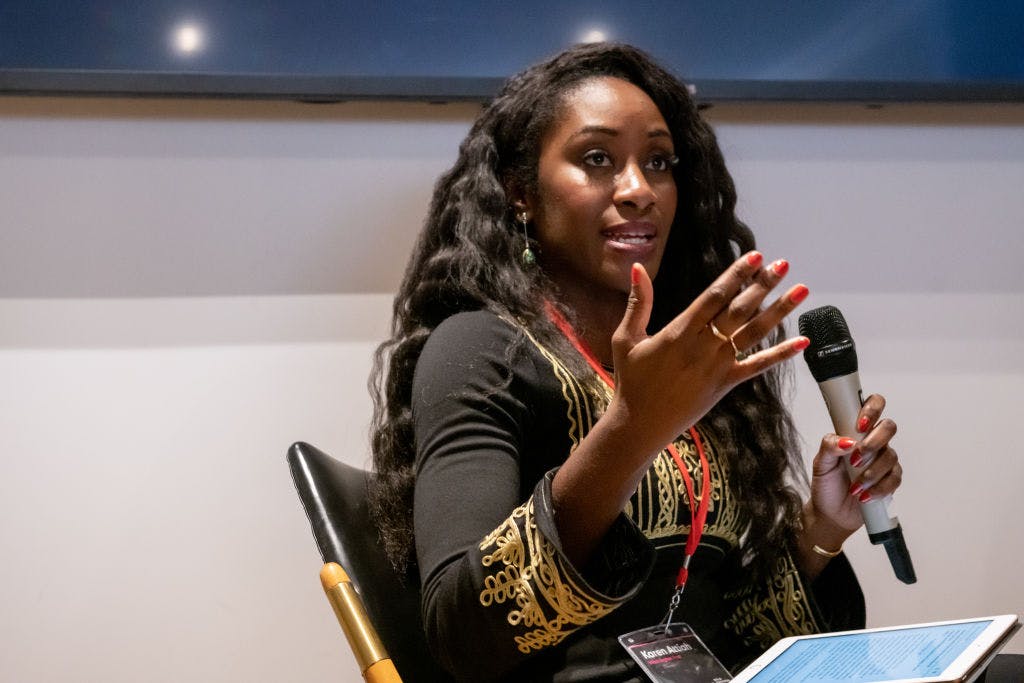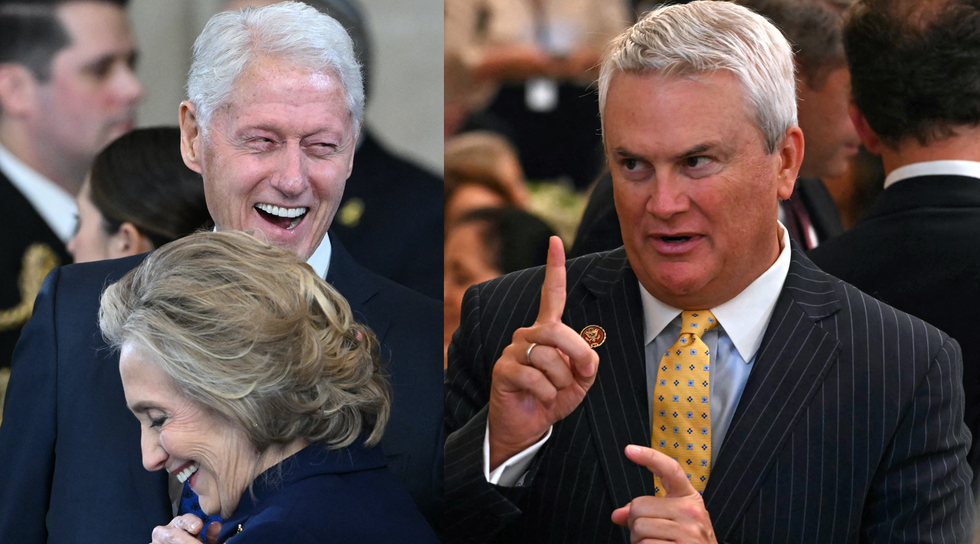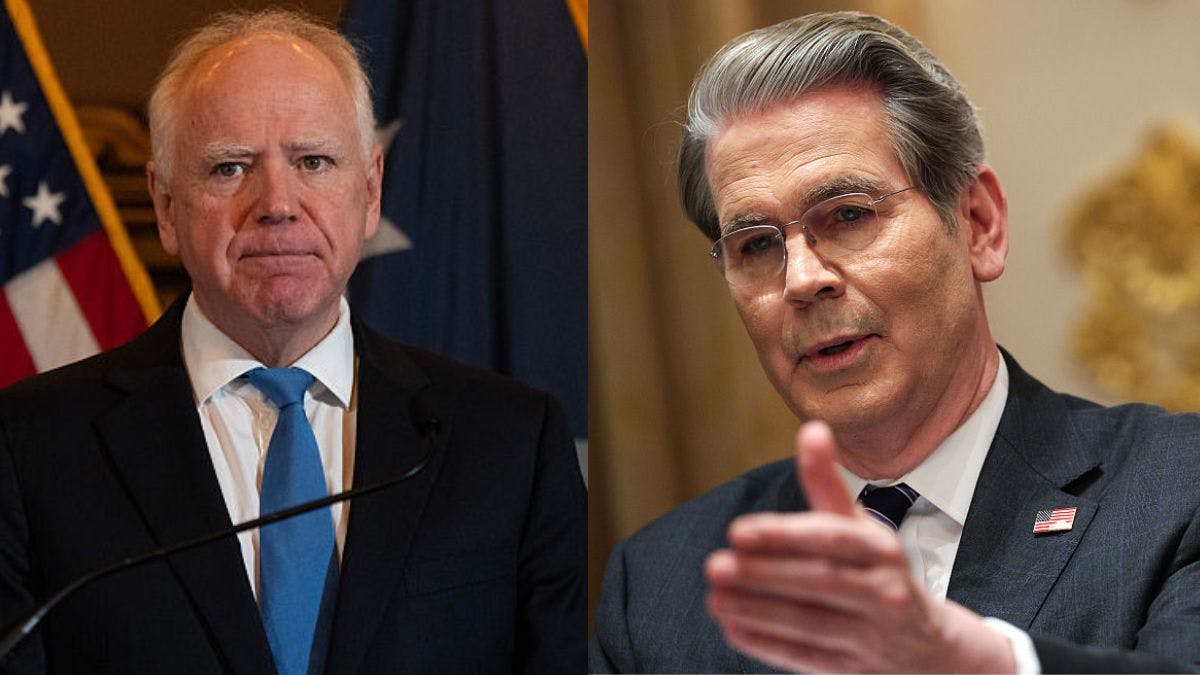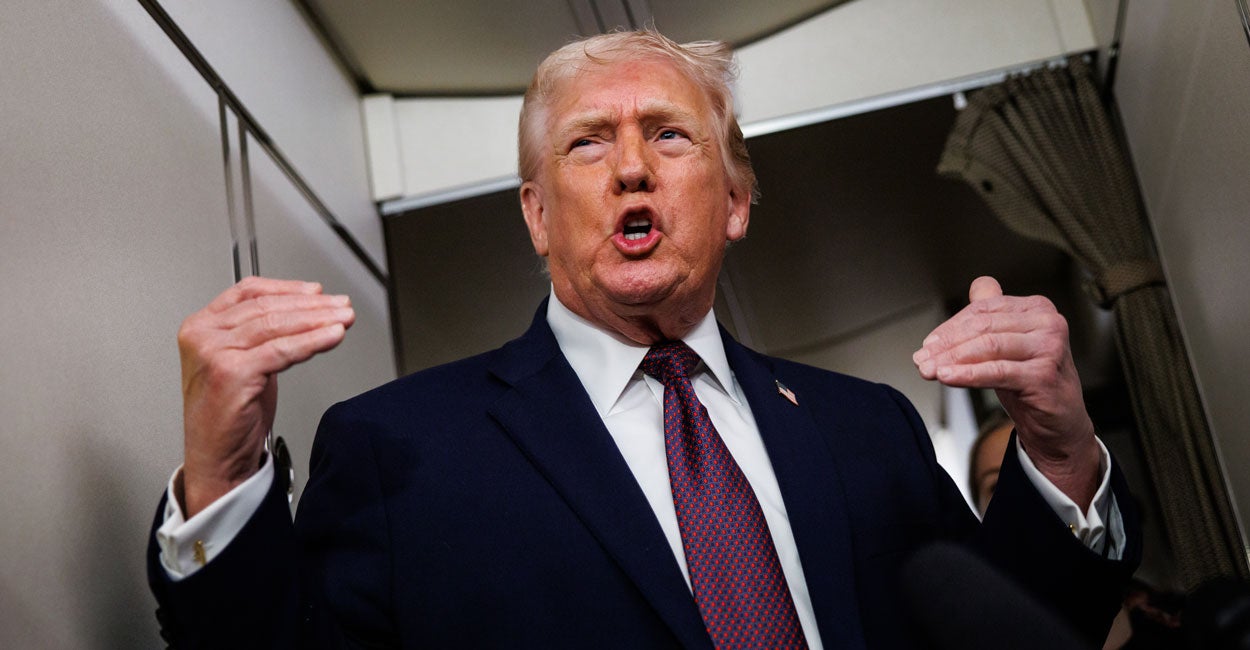Heritage and Cato Debate Conservatism vs. Libertarianism

Interns from The Heritage Foundation and Cato Institute faced off in a debate on conservatism vs. libertarianism Thursday, arguing which philosophy was the better approach for governing America.
Live Your Best Retirement
Fun • Funds • Fitness • Freedom
Debate moderator Matthew Continetti of the American Enterprise Institute facilitated a series of rounds between the teams on the topics of immigration, international trade, and political philosophy.
Heritage’s Chloe Noller opened the debate on the subject of immigration, citing the tragic loss of innocent American lives at the hands of violent illegal immigrants.
Noller asked: “Is it really authoritarian to deport a criminal who crossed our border illegally? Is it really tyranny to respect America as a nation, to protect American citizens? It sounds like ensuring domestic tranquillity.”
She continued, “Libertarians want you to believe that public policy is effective only if it maximizes individual autonomy. But that idea falls apart when you’re standing at the funeral of a 12-year-old girl who was murdered because her murderer was just let in by the government.”
Cato’s Ben Woods rebutted, saying that immigrants engage in less criminal activity than American-born citizens and that the labor needs that immigrants fulfill are essential to the fast-growing American economy.
“The main point that libertarians are trying to make on this topic, which is that the current amount of spending on largely policing nonviolent, hardworking immigrants is a public safety threat. It’s the reason that we’re seeing some of the violence and drug trafficking that conservatives are concerned about,” Woods said.
Cato’s Saamiya Laroia spoke on tariffs: “It’s [tariffs] one of the most aggressive kinds of taxes possible. It’s going to disproportionately burden lower-income consumers who spend a larger share of their budget on traded goods.”
Heritage’s Daniel Davidson addressed the threat of China in response. “Conservative trade policy can be boiled down to two commonsense points that protect national security and give the American people a fair deal,” he said. “Being dependent on China, even if it’s a small percentage of our total market, is naive, because they are our greatest geopolitical threat, and they want to destroy our economy.”
On the subject of political philosophy, the Heritage interns focused on conservative principles of duty and morality while the Cato interns narrowed in on the key, foundational aspect of libertarianism as being liberty.
“We are not isolated individuals. We are defined by our obligations, not our autonomy. These obligations, between a parent and a child, a husband and wife, a citizen and nation, those form the very fabric of free society,” Heritage’s Noller said. “Liberty adheres in a system of order. Real freedom requires limits. It’s duty, not license. It’s restraint, not recklessness. Unlike libertarianism, conservatism is not a utopian blueprint. It’s the defense of ordered liberty; liberty rooted in tradition. Even libertarian Patrick Henry said virtue, morality, and religion are the armor that renders liberty invincible.”
“When individuals are free to choose, they create value, not just in trade, but in every social and political sphere,” Cato’s Laroia said. “The Founding Fathers understood this central principle; Liberty is not a privilege handed out by government. It is our natural right. Madison pointed out that wherever the real power in government lies, there is a danger of oppression. That’s why the Constitution was written—not as a permission slip for government power, but as a libertarian restraining order against it. And that philosophy leads directly to the heart of libertarianism, the presumption of liberty.”
In a “lightning” round of final questions, when asked whether hard drugs should be legalized, the Heritage team said no, while the Cato team said that libertarians are in support of the decriminalization of drug use.
The teams did find some areas of agreement, including on the development of artificial intelligence. “We have a lot of agreement there [with the Cato interns]. We agree that there should be relatively low regulation or enforcement of tech because this is an evolving field,” Heritage’s Davidson said.
On the topic of President Donald Trump’s recent policy on transporting weapons to Ukraine, Cato’s Laroia said: “We agree with The Heritage Foundation interns when they said that we should disentangle ourselves and step back and let Europeans come in and actually maintain these security alliances.”
In his closing statement, Woods said that our society should be built around liberty, because liberty endures.
And Davidson concluded, “We recognize that there are threats to liberty that arise, sometimes even in government, but we also want to have policies in place that make sure that the blessings of that liberty and that posterity, it actually continues for generations, because if there is no moral vision, that’s an amoral vision, and that’s what causes degradation of society over time and that loss of liberty.”
The post Heritage and Cato Debate Conservatism vs. Libertarianism appeared first on The Daily Signal.
Originally Published at Daily Wire, Daily Signal, or The Blaze
What's Your Reaction?
 Like
0
Like
0
 Dislike
0
Dislike
0
 Love
0
Love
0
 Funny
0
Funny
0
 Angry
0
Angry
0
 Sad
0
Sad
0
 Wow
0
Wow
0
